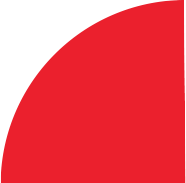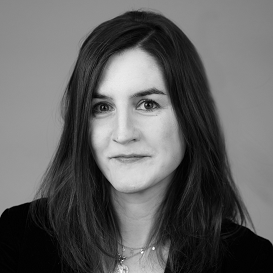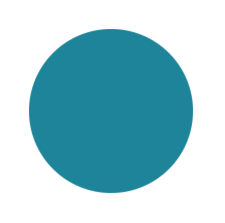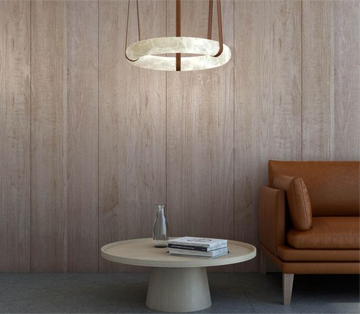Our firm and its lawyers have observed, and sometimes even contributed; to all the major and minor patent law reforms concerning France since the birth of the European patent when the European Patent Convention was signed in Munich in 1973.
The year 2023 will be marked by the entry into force of
- the European Unitary Patent (UP), referred to as the “Community Patent” since the 1980s, and
- of the Unified Patent Court (UPC), after several aborted projects during several decades of vicissitudes (COPAC …).
These two reforms are linked.
Litigation relating to the UP will fall under the exclusive jurisdiction of the UPC.
The UPC will also have extended jurisdiction over “classic” European patents (without unitary effect) for certain actions (including invalidity and infringement actions) and subject to the absence of an opt-out requested by the holder of the European patent during the transitional period, currently of 7 years (and subject to the admissibility of such an opt-out, i.e. that the European patent has not been the subject of a previous action before the UPC).
These are major, complex, impactful reforms for patentees and litigants in general.
It will now be possible (from 1er June 2023 as it stands) to obtain a single decision, including an injunction, covering a large number of EU countries.
France and Paris occupy a central place in the UPC.
Indeed, the Central Division of the Court of First Instance and the Local Division of the UPC have their seat in Paris; and several French magistrates, formerly Judges at the 3rd chamber of the Judicial Court of Paris, specialized in patent litigation, have been appointed as UPC judges, including the President of the Court of First Instance.
Multinationals, large companies, but also many small and medium-sized enterprises, have been preparing and must continue to prepare for these major reforms of patent law, which will affect them either in their capacity as patentees, or in order to face potentially highly effective infringement claims.
And many questions arise
and will arise. Any examples?
- Should I “opt out” my patents, some of them, or none of them? Which ones? And should I have to it before 1st June 2023 and the entry into force of the UPC? Or later?
- What strategy should be put in place to obtain the best possible compensation for the damage caused by counterfeiting, and also to obtain the broadest possible geographical injunction on all the countries covered by the UPC?
- Should national courts or the UPC be preferred, or will it be possible to “mix” the two options?
- How, when, and with which teams should I defend myself before the UPC, even though the language of the proceedings will not automatically be my own?
- Can I avoid, or limit the risk of, a pan-European injunction on a product that is essential to my business?
Many issues of different kinds and with different competencies may arise, and a personalized strategy has to be defined each time, sometimes within a very short timeframe.
For each situation, for each case, it is necessary to be able to put together an ad hoc team, with the sole objective of defending the interests and rights of the client.
This is what we propose.
We have a large and experienced team of lawyers with a wide range of backgrounds and recognized expertise.
We have a network of independent partners, patent attorneys, experts, both French and foreign, of the highest quality. This network, built up over many years of practice, can be called upon on an ad hoc basis, or for the duration of the litigation, either formally or informally.
The client chooses the proposed partners, benefiting from our disinterested and independent recommendations.
We have experience working in teams, with other structures, other cultures, in different languages, for multi-jurisdictional disputes (national jurisdictions, European Patent Office, national offices, UPC, etc.), requiring a variety of skills, of a legal, technical, and also economic nature, as the most often compensatory purpose of the disputes must never be overlooked.
We negotiate, in an equally disinterested manner, which is important with the UPC, in view of the issues at stake, and we know how to accompany our clients towards alternative dispute resolution methods, including before the UPC’ s Mediation and Arbitration Centre.
The UP and the UPC have been expected for years, they are here, and we are ready.














